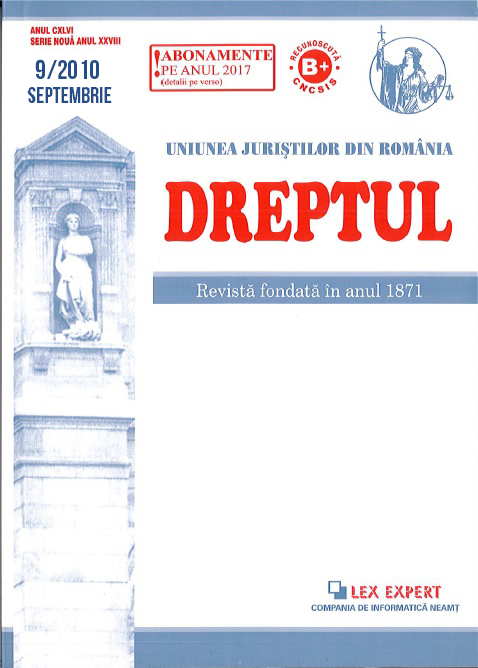The authors of the new Criminal Code intended to redesign the punitive model of relapse, but the solutions proposed reveal the inconsistencies of the model. The new Criminal Code no longer defines the post-condemnation relapse distinctly from the post-execution relapse, and the small relapse no longer exists in the new regulation, the lawmaker preferring a general definition of relapse. Although the intention of the code’s authors, transmitted to the lawmaker, was to aggravate the punishment regimen of relapse, by increasing the duration of imprisonment, which may represent a first term for relapse in one year, in practice a more favorable regimen is created for those who have been punished to imprisonment for less than one year, a thing, however, not justified given the statistic evolution of the number of persons with a judicial record who reiterate their criminal behavior. The idea of the project’s authors was to simplify the regimen of punishment of relapses, based on an arithmetic sum in the case of post-condemnation relapse, and on the legal increase of special punishment limits by half in the case of post-execution relapse, but the proposed model of punishments leads to a more severe punishment regiment for post-condemnation relapse than for the post-execution relapse, although the latter is believed to represent the worse modality of relapse, as the social danger of the relapsing criminal appears, in this case, to be more precisely shaped, by proving the inefficiency of the punishment the criminal has executed.


